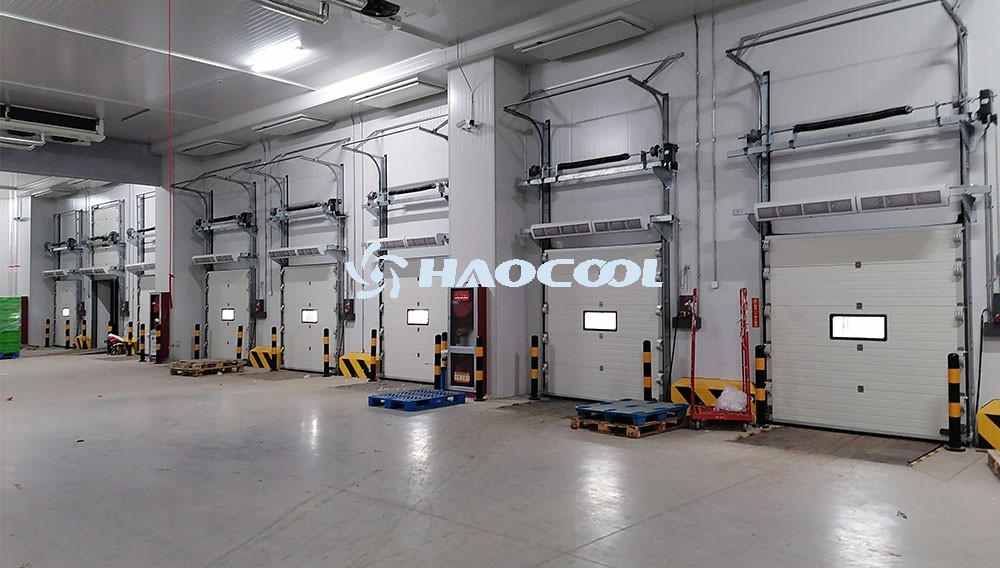
The temperature setting of the cold storage is not a fixed value, it needs to be determined according to the type of stored goods, the demand for preservation and freezing, and the purpose of the cold storage. For example, the cold storage of fruits and vegetables can usually be stored in the cold storage of 0-10℃, but the meat needs a lower temperature. The following are the temperature settings for different scenarios:
The temperature range of fresh-keeping warehouse for fruits and vegetables is 0℃~15℃, and the specific temperature needs to be adjusted according to the types of fruits and vegetables. Tropical fruits such as bananas, mangoes and lychees are usually stored in the cold storage at 10℃~15℃, and are easy to be frostbitten below 10℃. Temperate fruits such as apples, pears and grapes are usually stored in the cold storage at 0℃~5℃, which can prolong the shelf life for 1-3 months. Vegetables, radishes and potatoes are usually stored in the cold storage at 0℃~4℃, and the humidity should be kept at 85%~95% to avoid dehydration.

The suitable temperature range for short-term storage of meat and seafood at low temperature is -1℃~-5℃, and it can be stored for about 1 week to keep the meat fresh. If it needs long-term storage, it needs to be frozen, usually -18℃~-25℃. For example, seafood fish, shrimp and crabs are usually stored in the cold storage at -20℃~-25℃ to prevent dehydration and flavor loss of seafood.
In addition, the temperature range of the quick-freezing warehouse is generally -30℃~-40℃, which is usually used for the quick freezing of meat, seafood, steamed stuffed bun and other foods, which can reduce the central temperature of the food to below -18℃ in a short time, reduce cell rupture, and retain nutrition and taste.
The temperature of medicine cold storage is usually 2℃~8℃, which is more suitable for medicine vaccine. The storage of biochemical reagent should strictly control the temperature fluctuation to avoid vaccine failure. There are also some special drugs that need to be stored at -20℃~-80℃, such as some blood products, biological samples and so on.
Contact: Haocool
Tel: +86 18918087579
Phone: +86 18918087579
E-mail: marina@haocool.com
Add: Building 5, No.499 Minqiang Road, Xinqiao Town, Songjiang District, Shanghai, China